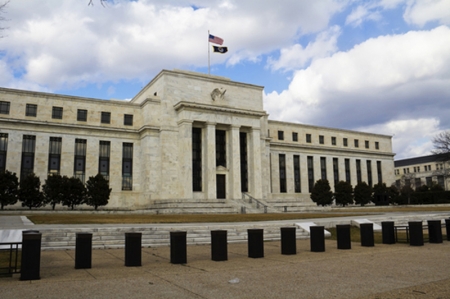The head of the Federal Reserve Bank of Minneapolis, Neel Kashkari, said that the decline in inflation has taken much longer than expected, and it is “still very high”.
Kashkari, who was speaking at an event focused on healthcare and the economy at the University of Minnesota, did not say whether he felt the Fed needed to raise interest rates further, or provide new macroeconomic forecasts.
Meanwhile, Richmond Fed President Thomas Parkin said that rising long-term borrowing costs are putting downward pressure on demand but it is unclear how this will affect the central bank’s upcoming decision on interest rates.
“Long-term interest rates have risen, and this is definitely a tightening of financial conditions,”Parkin told reporters after a speech in Washington.
Several of Parkin’s Fed colleagues have said in recent weeks that the rise in Treasury bond yields over the past few months is slowing the economy, which the Fed will need to do.
The yield on benchmark 10-year Treasury bonds rose to a high of 4.857% on Tuesday after a report showed retail sales were more active than expected.
“I have no idea what the benefit will be three weeks from now, in light of what is happening globally,”Parkin said.
Parkin added that the challenge now is that official data tracking economic growth, retail sales, job growth and even the latest reading on inflation indicate much more strength than he hears when he talks with companies in his region.
Asked whether this means that he prefers to leave interest rates in their current range of 5.25% – 5.50% at the next Fed meeting, scheduled for October 31 to November 1, he said: “We will make the decision at the meeting”.


















